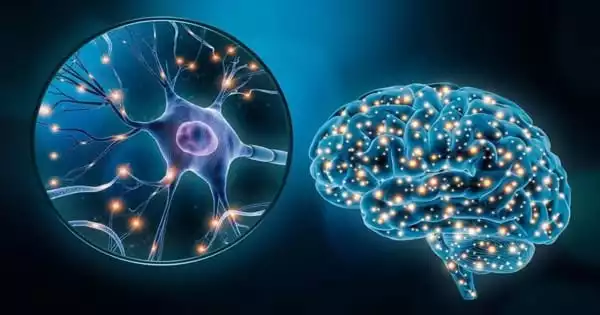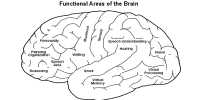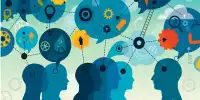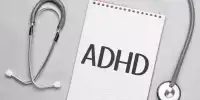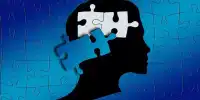Autism is one of the pervasive developmental diseases (PDD). These disorders are distinguished by three fundamental deficits: impaired communication, impaired reciprocal social interaction, and confined, repetitive, and stereotyped patterns of activities or interests. The severity and range of these impairments vary, and they frequently alter with the acquisition of other developmental skills.
According to Weill Cornell Medicine researchers, abnormalities in astrocytes, a kind of brain cell, may play a key role in the development of several behavioral symptoms associated with autism spectrum disorders.
Pervasive developmental disorders are a type of neurodevelopmental disorder that is characterized by communication, reciprocal social engagement, and circumscribed repetitive behaviors or hobbies. Autism spectrum disorders (ASD) have been used to define their various manifestations. Although the exact origin of many illnesses is unknown, research clearly suggests a genetic foundation with a complicated manner of inheritance.
Dr. Dilek Colak, assistant professor of neuroscience at Weill Cornell Medicine’s Feil Family Brain and Mind Research Institute, and her colleagues grew astrocytes from stem cells derived from autism patients and transplanted them into healthy newborn mice for the study, which was published in Molecular Psychiatry. They discovered that following the transplant, the mice showed repetitive behaviors, a characteristic symptom of autism spectrum disorders (ASD), but not the social difficulties associated with the disease. The mice also developed memory problems, which are prevalent in ASD but are not a core feature of the disorder.
Our study suggests that astrocyte abnormalities might contribute to the onset and progression of autism spectrum disorders. Astrocyte abnormalities may be responsible for repetitive behavior or memory deficits, but no other symptoms like difficulties with social interactions.
Dr. Colak
“Our study suggests that astrocyte abnormalities might contribute to the onset and progression of autism spectrum disorders,” said Dr. Colak, who is also an assistant professor of neuroscience in pediatrics and a member of the Drukier Institute for Children’s Health. “Astrocyte abnormalities may be responsible for repetitive behavior or memory deficits, but not other symptoms like difficulties with social interactions.”
The role of neurons, a type of brain cell that conveys information in the brain, has received the most attention in studies of autism spectrum disorders. Other brain cells, known as astrocytes, assist govern the functioning of neurons and their connections. Dr. Colak believes that genetic alterations connected to autism spectrum illnesses will affect different types of brain cells in different ways. Post-mortem investigations had previously indicated astrocyte abnormalities in the brains of patients with autism spectrum disorders.
“We didn’t know if these astrocyte abnormalities contributed to the disease’s development or if the abnormalities are a result of the sickness,” Dr. Colak explained.
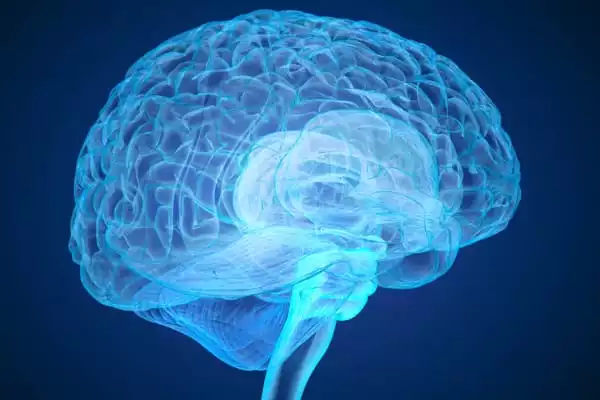
To see if astrocytes are implicated in the condition early on, the researchers took stem cells from people with autism spectrum disorders, coaxed them into turning into astrocytes in the lab, and transplanted them into the brains of otherwise healthy newborn mice, creating a human-mouse chimera.
They found increased calcium signaling in the transplanted human astrocytes in the brains of mice using a microscopic technique called two-photon imaging, explained co-lead author Dr. Ben Huang, teacher of neuroscience and psychiatry at Weill Cornell Medicine.
Dr. Huang added, “It was astonishing to witness these human astrocytes responding to behavioral changes in active mice. We believe we are the first to use this method to record the activity of transplanted human astrocytes.”
To see if the enhanced calcium signaling was driving the mice’s behavioral abnormalities, the researchers infected astrocytes generated in the lab from ASD patient stem cells with a virus carrying an RNA fragment engineered to lower calcium signaling to normal levels. When these astrocytes were implanted into mice, the animals did not experience memory issues.
“Future therapies for autism may benefit from this discovery by employing genetic techniques to reduce excessive calcium fluctuations inside astrocytes,” said co-lead author Megan Allen, a postdoctoral associate in neuroscience at Weill Cornell Medicine’s Feil Family Brain and Mind Research Institute.
According to Dr. Colak, the findings may have substantial implications for understanding and treating other neuropsychiatric illnesses that entail memory problems, such as schizophrenia. “Determining the involvement of certain types of brain cells, especially astrocytes, in neurodevelopmental and neuropsychiatric illnesses is critical,” she said.
